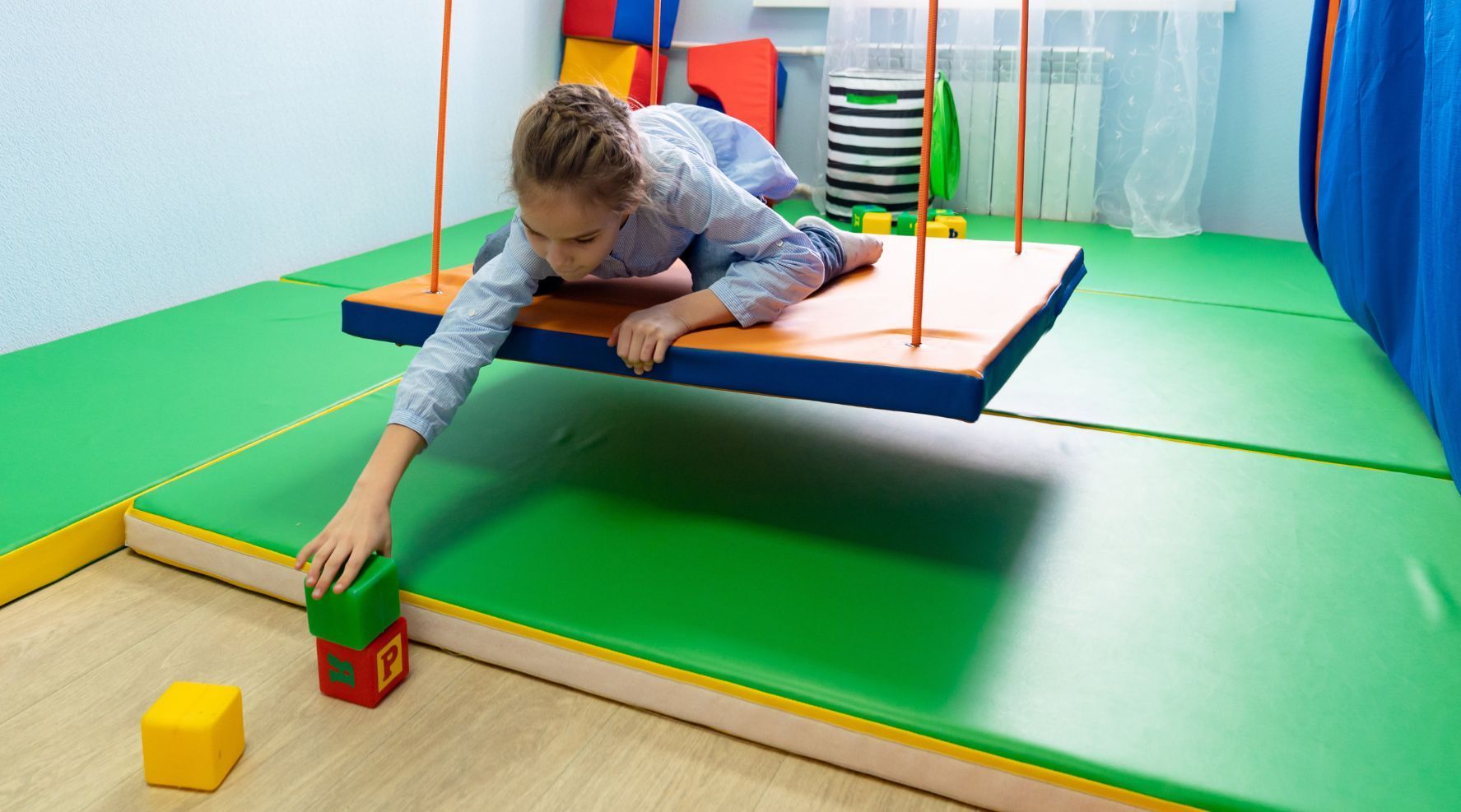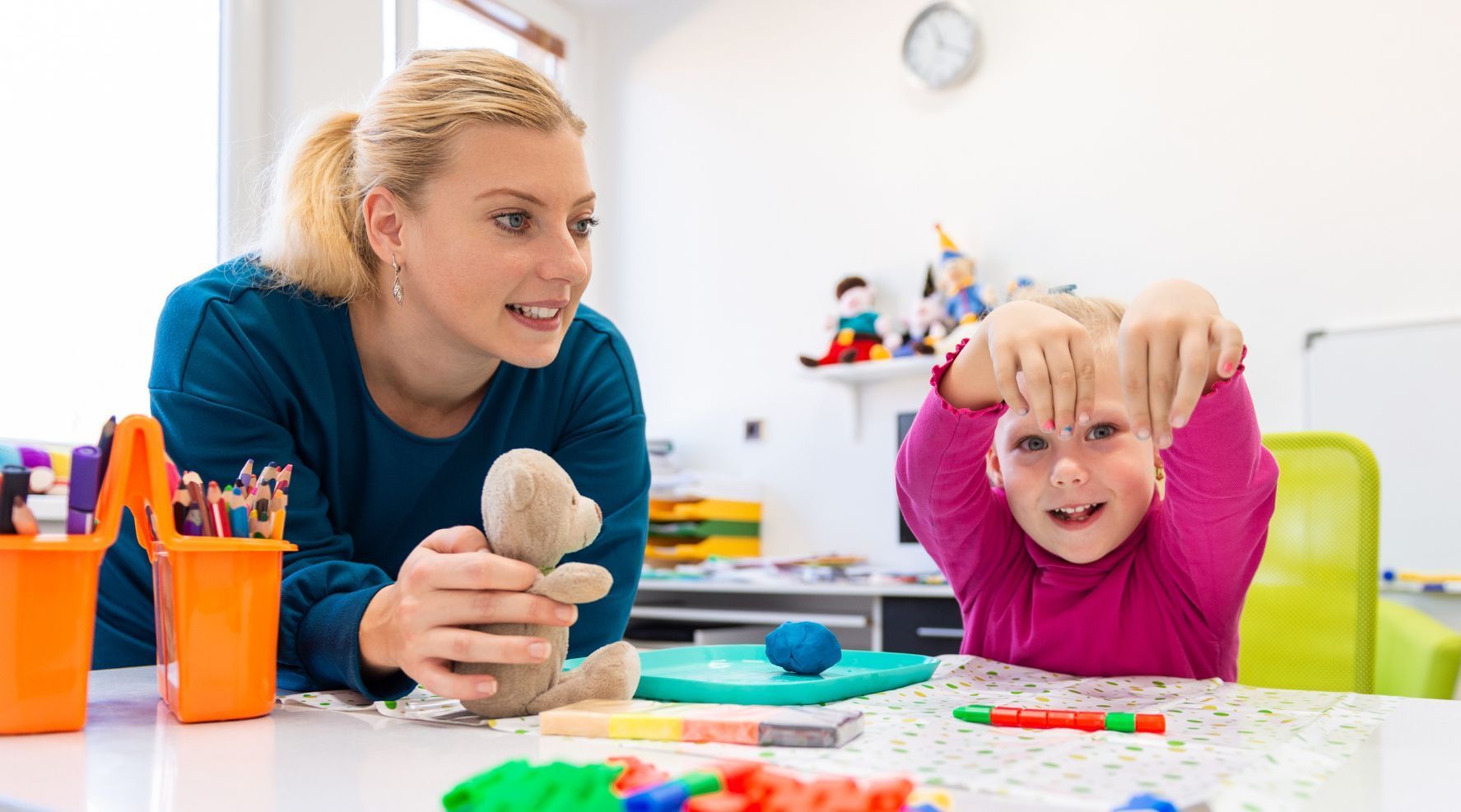The Best Sports for Individuals With ASD To Try
It’s a myth that people with autism spectrum disorder are unable to participate in sports. While many kids with autism do have trouble with fine motor skills, balance, and body awareness, participating in sporting activities can help.
Additionally, learning the rules of a game and understanding banter between teammates can be challenging for people with ASD. However, that’s not to say that people on the spectrum can’t enjoy team-based activities; Sports Illustrated ran a 2016 profile of several athletes and how they learned to cope with these challenges.
As a parent, no one knows your child better than you. Your choices will vary depending on your child’s unique sensitivities and challenges. Though participation in these activities will depend on their comfort level, here are some of the best sports for individuals with ASD to try.
Individual Sports
Solo sports may offer a person with ASD the chance to be a part of a team without the anxieties of social interaction, complicated rules, and complex communication that team sports can present. Some sports that may fit this category include:
- Track and cross country
- Table tennis
- Golf
- Horseback riding
- Martial arts
- Swimming
- Gymnastics
- Archery
The focus in these sports is on individual achievement, but the solo effort contributes to team success.
When you take your child to a park with an autism sensory playground, observe whether your child engages in parallel play or if they are attempting to join group activities.
Team Sports
Some people with autism thrive in team sports. Their dogged determination, infinite tolerance for repetitive practice, and ability to screen out distractions to achieve laser-like focus on just one thing can be a benefit in team sports.
We’ve all seen those YouTube videos of the astonishing half-court 3-pointers sunk by an autistic player in the last seconds of a game. People with ASD should try sports that align with their intense interests. Follow your child’s passions, such as:
- Baseball
- Basketball
- Hockey
- Soccer
- Lacrosse
Getting the Coach’s Buy-In
By now, experienced coaches should have had many years working with teams that include autistic players. They should know about modifications that can help their players and be willing to work with you to discover the best way for your child to participate. They can also help other team members learn to be supportive.
If you have one, check with your regional special education recreation association for assistance in getting your child involved. These organizations provide team sports with facilitators who are trained to understand players with differences. Some even sponsor athletes for the Special Olympics.
Too many young people with ASD are out of shape. Offering the chance to participate in sports can improve fitness and even decrease anxiety. Be prepared for some social and emotional bumps on the way, but overall, participating in sports could be an entry for your child to gain greater social skills and independence.





